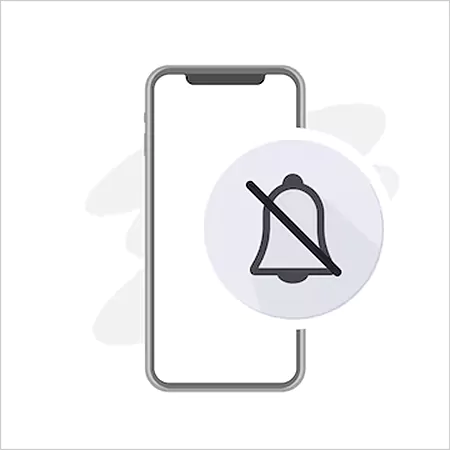Social media addiction is no less than a drug and can negatively affect our lives. It’s no secret that the time we spend on platforms like Facebook and TikTok has a drastic impact on our mental health and well-being, especially for students.
As a student, this addiction can have serious repercussions on your academic performance. To prevent that, below, we have given 10 effective ways to quit social media and take control of your life.
Unfortunately, social media addiction can leave daunting effects on your mental as well as physical health. But if used wisely, social media marketing can do wonders for your dream project and brand.
So before the situation gets out of your hands, consider following 10 practices to reduce your social media addiction.
A big reason why social media addiction is common among students is because it is used as a way to pass the time and as a means of entertainment. To quit social media addiction, it’s important to find healthy activities to replace it.

For that, you can consider freeing up your time with this online essay writing service and taking up a hobby or an activity you enjoy, such as reading, exercising, or spending time with friends.
Social media addiction can have a significant impact on your sleep patterns, which can lead to insomnia in most cases. Lack of sleep can affect your mood, memory, and ability to concentrate, making it more difficult to perform well in academics.

To quit social media addiction, it’s essential to prioritize sleep. Make sure you get at least 7–8 hours of sleep each night and establish a sleep routine. Avoid using electronic devices at least an hour before bedtime. With that, practice placing your phone at a distance before going to bed.
Practicing mindfulness can be an effective way to quit social media addiction. Hence, social media and mental health cannot sail together in a boat in the long run. Mindfulness involves focusing on your thinking, emotions, and surroundings. By practicing mindfulness, you can become more aware of your social media habits and take steps to break the addiction.

By practicing mindfulness, you’ll be more in tune with your thoughts and feelings, making it easier to resist the temptation of social media.
If you’re struggling to quit your social media addiction, don’t hesitate to seek support. Talk to your friends, family, or a trusted teacher about your struggles. You might also want to consider joining a support group with other students trying to quit.

There are many resources available for you if you’re struggling with social media addiction, including safe online spaces and forums where you can discuss your problems and progress with others.
Setting goals can be an effective motivator for quitting this addiction. Identify the reasons why you want to quit social media, such as improving your academic performance, reducing stress, or spending more time with friends and family. Then, set specific goals that align with these reasons and affirm them daily.

Make sure your goals are realistic and achievable, and track your progress regularly to stay motivated.
Creating a supportive environment around can help you quit social media addiction by reducing the temptation to use it. Consider removing those apps from your phone or computer or using a blocker app to limit your access to social media sites during certain times of the day.

As stated before, you can always surround yourself with like-minded people who support your decision to quit. These positive social connections can help you stay motivated and focused on your goals.
Practicing self-care can be an effective way to reduce stress and improve your mental health, which can, in turn, help you quit your social media addiction. Self-care can take many forms, such as taking a relaxing bath, practicing yoga, doing a skincare routine, or indulging in your favourite hobby.

Make sure to prioritize self-care activities that help you relax and recharge rather than activities that may be stressful or overwhelming.
The notifications on the lock screen encourage picking up your phone and looking into the happenings. To cut down on these, consider turning off the notifications on Snapchat and the pop-up of new posts on Instagram.

Muting the notification of the media platform on your phone can remove distractions while studying or eating food.
One of the prime ways to reduce social media addiction is to optimize your screen time with tight limits. After that, keep track of screen time to not overcross them. In addition, you can also set restrictions on the app individually if you suspect overuse.
By practicing this, you will be able to get your balance of academics and personal life back in some time.
If quitting social media addiction on your own is a bigger struggle than you anticipated, don’t shy away from seeking professional help. A therapist or counsellor can provide you with the guidance you need to break the addiction and improve your overall well-being.

Many colleges and universities offer counseling services to students, and there are also online counseling services and support groups available. Don’t be afraid to reach out for help if you need it.
Social media addiction is a real problem for many students, but it’s not an unsolvable thing. By setting boundaries, replacing social media with healthy activities, prioritizing sleep, practicing mindfulness, and seeking support, you can take control of your social media use and improve your academic performance, mental health, and overall well-being.
Remember, quitting social media addiction is not an overnight process. It takes time and effort to break the addiction, so be patient and kind to yourself. Celebrate your small victories along the way, such as successfully reducing your social media use for a day or a week.